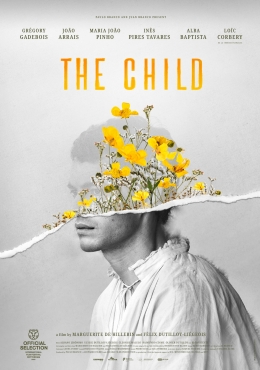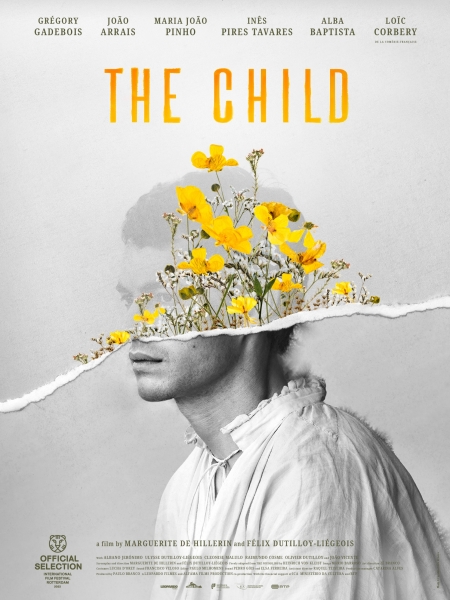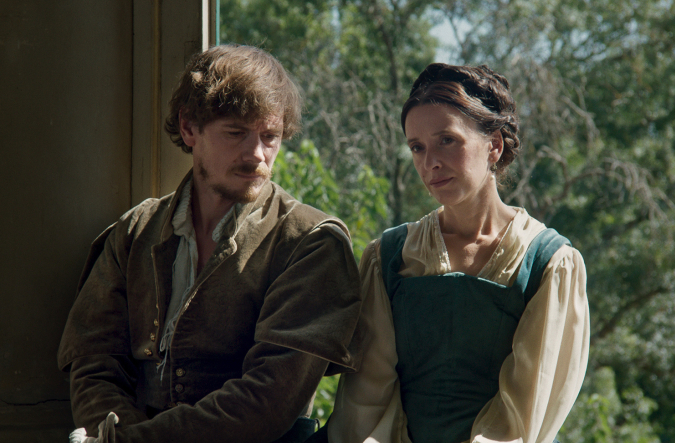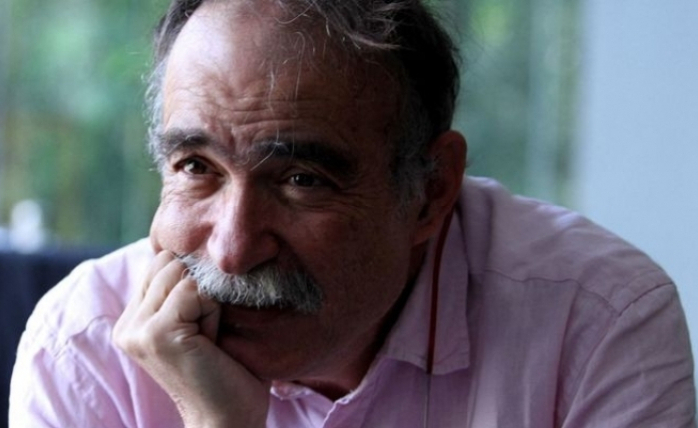When Paulo Branco and his son Juan asked us to write or adapt a story, one of us thought of “The Foundling”, Kleist's concise short story. Our passion for the text was mutual: in the writings of the German author, we found rich material and echoes of cinema.
Our rewriting effort led us to the creation of a family fresco that unfolds over six days in Portugal, in 1554. The central character is Bela, a boy from a poor neighbourhood in Lisbon, adopted by a wealthy Franco-Portuguese couple to replace a child lost in the colonies.
Portugal in the mid-16th century is both at the height of its power and on the verge of decline. Lisbon is a place where wealth from all over the world concentrates. But the great expansion stagnated. The Inquisition became an institution and hence a political force that constrained the life of the kingdom’s subjects. It became a tool for imposing morality, extending its power beyond religious concerns to determine what constituted good and bad conducts. Individual freedoms dwindled, shaping an increasingly narrow world.
We love stories, we love wandering souls, troubled hearts, we love stormy skies, we love the songs of lost birds in the night, we love the eternity of a beach near the sea, the sweetness of an afternoon in the tall grass, we love bumpy paths; we love Branca who will betray Rosa for love, Rosa who will sacrifice Bela for her freedom, Maria who loves a ghost madly, Pierre who writes poems and recites them in the shelter of the world, Afonso who has lived several lives, Jacques who lives his in a dream and detached from the current reality, and finally Bela, our boy of light who will fall.
Marguerite de Hillerin and Félix Dutilloy-Liégeois

















